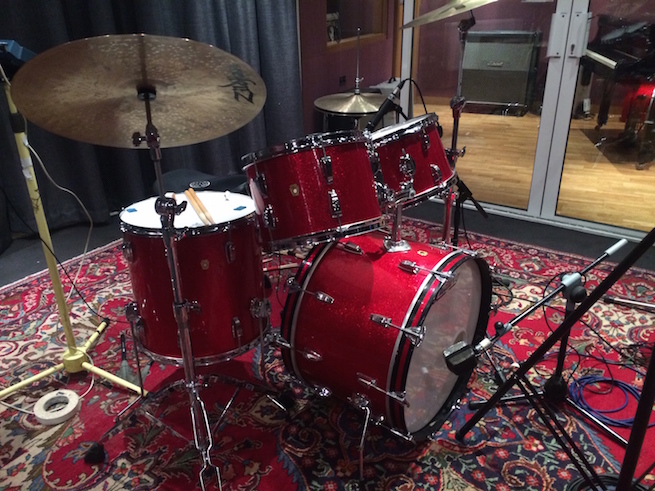Music theory is the study of the principles of music and how they are used in the creation and performance of musical compositions. It involves the analysis and understanding of musical elements such as melody, harmony, rhythm, and form, and how they work together to create musical structure and expression.
At its core, music theory is based on mathematics, as many of the principles and concepts of music can be described and analyzed using mathematical principles. Some examples of the ways in which math is used in music theory include:
- Rhythm: Rhythm is the arrangement of sounds and silences in time. In music theory, rhythms are often notated using a system of meter, which divides the music into equal units of time called beats. The time signature of a piece of music specifies the number of beats per measure and the note value that represents one beat. For example, a time signature of 4/4 means that there are four beats per measure and the quarter note gets one beat.
- Melody: Melody is the main tune or line of a piece of music. It is created by the arrangement of pitches and rhythms, and is usually the most prominent element of a song. In music theory, melody is often analyzed using the principles of pitch and scale. Pitch refers to the highness or lowness of a sound, and is measured in terms of frequency. Scales are collections of pitches arranged in a specific pattern, and are used to create melodies.
- Harmony: Harmony is the sounding of two or more notes at the same time to create a chord. Chords are created by combining notes that are played simultaneously, and are an important element of music theory. In music theory, chords are often analyzed using the principles of intervals and chord progressions. Intervals are the distance between two pitches, and chord progressions are the sequence of chords used in a piece of music.
- Form: Form refers to the structure of a piece of music, and is created by the arrangement of sections and the repetition and variation of musical elements. In music theory, form is often analyzed using the principles of repetition and contrast. Repetition refers to the use of similar or identical elements in different parts of a piece of music, while contrast refers to the use of different elements to create variety.
Music theory matters
In addition to these basic principles, music theory also includes the study of more advanced concepts such as counterpoint, orchestration, and musical analysis. These principles build upon the foundational concepts of music theory and allow for a deeper understanding of how music works and how it can be effectively composed and performed.
Music theory play a crucial role in the creation and understanding of music, and provide a framework for analyzing and understanding the complex and nuanced elements of musical composition and performance.

Music theory talking points
Here are some key topics in music theory:
- Pitch: the highness or lowness of a sound, which is determined by the frequency of the sound wave.
- Scales: a series of pitches arranged in a specific order, such as the major or minor scale.
- Modes: a series of pitches with a specific pattern of whole and half steps, such as the ionian, dorian, phrygian, etc.
- Chords: three or more pitches played simultaneously, creating a harmonious sound.
- Harmony: the relationship between different pitches played at the same time, including chords and progressions.
- Melody: a series of pitches played in a sequence, creating a tune or line.
- Form: the structure or organization of a piece of music, including repetition, variation, and contrast.
- Texture: the way that different parts of a piece of music fit together, including monophonic, polyphonic, and homophonic textures.
- Rhythm: the timing and placement of musical events, including beat, meter, and tempo.
- Notation: the written representation of music, including staff, clefs, notes, and other symbols.
Music theory is a broad and complex subject that encompasses a wide range of concepts and techniques used in the creation and analysis of music.












